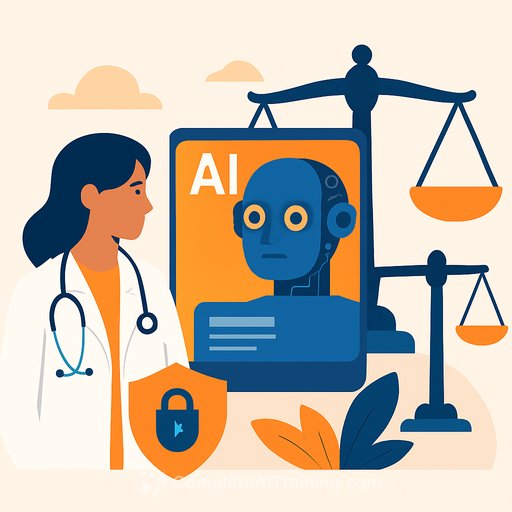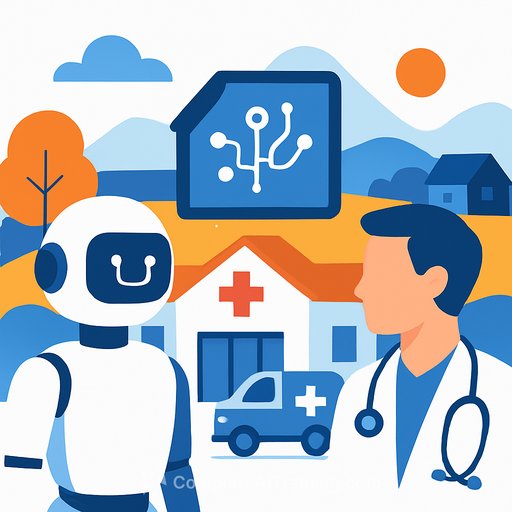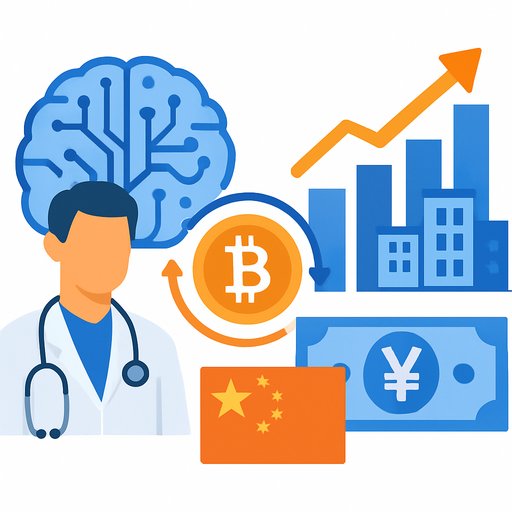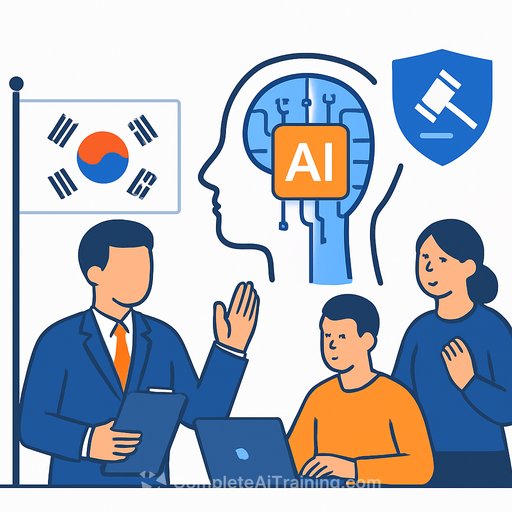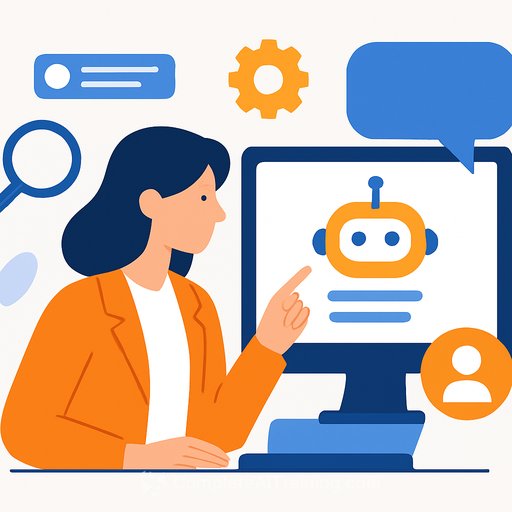Legal Considerations Critical as AI Use in Healthcare Grows
Artificial intelligence (AI) in healthcare is set to reach a $19 billion valuation by 2027, according to analysis by GlobalData. This surge reflects diverse applications, from transcribing patient conversations to interpreting radiologic images and aiding remote patient monitoring.
Despite the rapid adoption of AI, current US legislation has not fully caught up. However, existing laws often still apply and must be carefully considered by healthcare providers and AI vendors.
Privacy Laws and Patient Consent
Privacy remains a top concern. Even simple uses of AI in healthcare can trigger obligations under the Health Insurance Portability and Accountability Act (HIPAA) and various state privacy laws. For example, if an AI tool records patient interactions, obtaining patient consent may be required, especially in states like Florida that mandate all-party consent for recordings.
Additionally, laws against deceptive and unfair trade practices mean patients should be clearly informed when they are interacting with AI rather than a human.
HIPAA and Protected Health Information (PHI)
HIPAA restricts covered entities—such as healthcare providers and health plans—from using or sharing PHI beyond treatment, payment, or healthcare operations. Vendors must also avoid using PHI for their own purposes.
Using PHI to develop AI tools outside of these purposes risks violating HIPAA and state laws. Any use of PHI to enhance AI should be directly tied to improving patient care or healthcare operations.
Data Privacy and Security Responsibilities
Vendors and healthcare entities must conduct thorough risk analyses to identify threats to PHI security, as required by HIPAA. This includes understanding how data flows through AI systems, preventing unauthorized PHI sharing, and ensuring compliance throughout AI development and deployment.
Balancing Innovation and Regulation
The growth of AI in healthcare creates tension between rapid innovation and the need for safeguards. Protecting patients from potential harms must be balanced against avoiding unnecessary barriers to AI advancements.
Legal vigilance and clear policies will be essential to safely integrate AI tools into healthcare while maintaining compliance and trust.
For professionals seeking more knowledge on AI applications and legal compliance in healthcare, exploring courses and resources can provide practical insights. Visit Complete AI Training for the latest AI courses relevant to healthcare and legal fields.
Your membership also unlocks:

